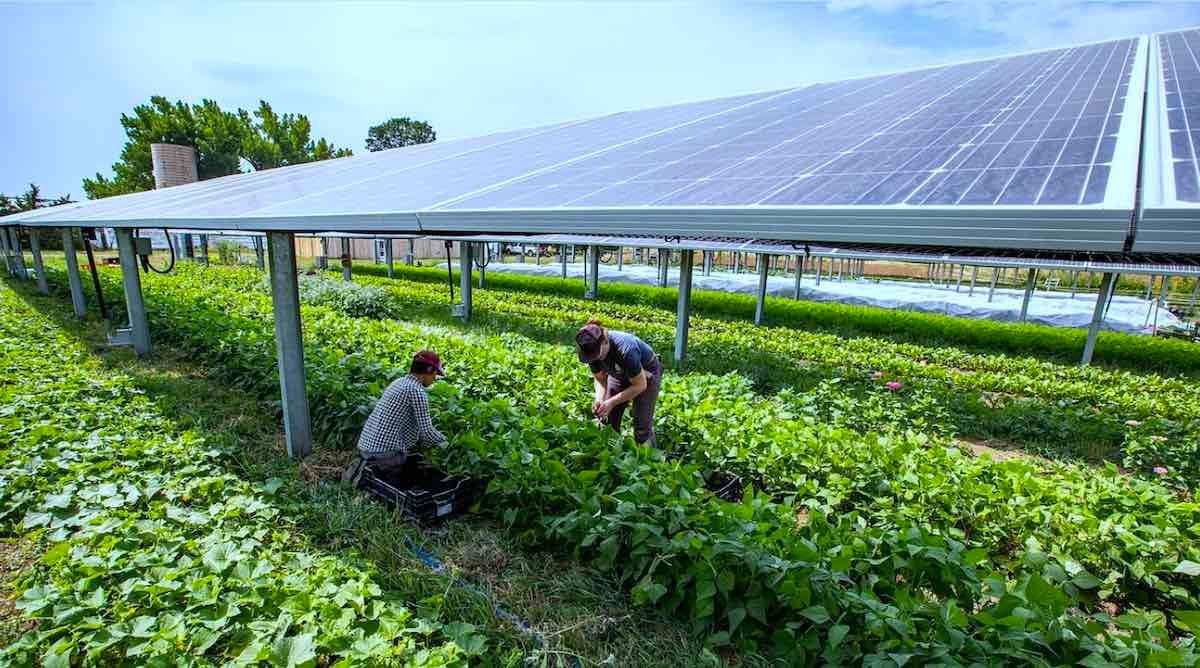Puerto Rico coronavirus statistics for January 18
According to the Puerto Rico Health Department, 150,318 people are believed to have been infected with COVID-19, an increase of 7,978 since January 11, when the total was 142,340. This points to a substantial spike in the rate of new cases, as the increase between January 4 (when the total was 135,742) and January 11 was 6,598. The rate of deaths, however, continues to decrease: the death toll is currently 1,703, with 51 of those having occurred in the last week. Comparatively, 87 people died from the virus between January 4 and January 11.
Beginning on November 7, the Health Department changed the way it recorded cases, splitting them between confirmed cases (as determined by molecular diagnostic testing), probable cases (as determined by antigen testing) and suspicious cases (as determined by serological, non-diagnostic testing). Viewed through that prism, Puerto Rico has had 81,855 confirmed cases, 6,084 probable cases, and 62,379 suspicious cases since the virus arrived on the Island.
Puerto Rico had reached the 100,000-case mark on Sunday, December 6. It has taken little more than a month since that date to reach half that milestone.
There are currently 348 people hospitalized due to COVID, a decrease of 44 since last week.
As vaccination efforts on the Island transition from phase 1-A (healthcare professionals and the occupants and staff of centers for the elderly) to phase 1-B (senior citizens, first responders, and teachers), the biggest current obstacle is a dearth of vaccine dosages. Of the 300,000 to 350,000 dosages of the vaccine expected to have arrived by this point, roughly a third has actually arrived.
Governor Pedro Pierluisi meets with FOMB for the first time
Unlike previous governors, Pedro Pierluisi has not appointed a representative to act as his proxy before the Financial Oversight and Management Board (FOMB), choosing to instead represent Puerto Rico’s elected government himself. On Friday, Pierluisi met with the Board for the first time since becoming governor, in a meeting that was also the first involving new FOMB members appointed by President Donald Trump.
During the meeting, Pierluisi objected to cuts to public employee pensions, the University of Puerto Rico’s budget, and contributions to municipalities.
According to Omar Marrero, director of the Puerto Rico Fiscal Agency and Financial Advisory Authority (AAFAF, in Spanish), the governor “established that he would reject any cut to pensions because public employees have already seen their retirement benefits diminished substantially with previous legislation,” and that “additional reductions place public employees at a level of squalor compared to the mainland United States.”
On a separate note, Governor Pierluisi is in Washigton, D.C. today to attend President Biden’s inauguration.
Puerto Rico, Guam ineligible for SSI benefits due to nature of relationship with U.S., argues Federal government
Lawyers for the federal government continued to appeal rulings by federal courts establishing that residents of Guam are entitled to Supplemental Security Income (SSI), which have been traditionally denied to residents of territories like Guam and Puerto Rico. Attorneys for the federal government argued that the benefit, which is available to the Northern Mariana Islands (CNMI), should not be available to residents of other territories. They maintained that “unlike every other Territory, the CNMI entered the United States voluntarily, on terms negotiated and set forth in the Covenant,” a reference to the fact that the Northern Mariana Islands elected to begin their current relationship with the United States after decades under a United Nations trusteeship. Puerto Rico and Guam, on the other hand, became U.S. property following the 1898 Spanish-American war, a distinction which attorneys for the federal government argues makes them ineligible for SSI benefits.
In recent years, federal courts have ruled in multiple cases that residents of both Puerto Rico and Guam are entitled to SSI benefits, despite the fact that said residents do not pay federal income taxes (neither do CNMI residents). The federal government under Donald Trump attempted to appeal those decisions. During the campaign, President Biden declared that he “will ensure residents of Puerto Rico have access to these benefits.”
Murdered man seventh trans person killed in less than a year
The January 9th death of Samuel Edmund Damián Valentín, a trans man, marks the seventh known murder of a trans person in Puerto Rico in the last twelve months, and is the latest in what LGBTQ activists call “a wave of […] violence” besieging the Island’s queer population.
After Damian Valentín’s body was found, he was initially misgendered by his family, the police, and even the media, some even calling the murder the first of a woman to take place this year in Puerto Rico until the body was properly identified. Activists have called on the police to investigate Valentín’s murder as a hate crime, a designation that is rarely applied to investigations, even though it includes both sexual orientation and gender identity.
Share
STAY IN THE LOOP
Subscribe to our free newsletter.
La organización BoricuaActivatEd celebró su séptimo aniversario con reconocimientos al líder de la red evangélica Esperanza y de la comunidad boricua de Filadelfia, Luis Cortés, y el legendario artista Antonio Martorell. Cortés, premiado por su
tudy: Economy leading factor for Puerto Ricans moving to Florida A new survey unveiled Monday in Washington, D.C. sheds new light on factors contributing to Puerto Ricans moving to the state of Florida. The Puerto
New federal funds for solar, battery storage announced The Department of Energy (DOE) on Thursday announced a conditional commitment to finance new solar and battery storage facilities on the southern coast of Puerto Rico. The investment




